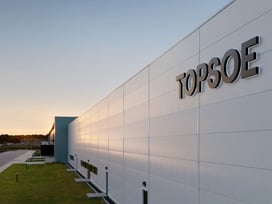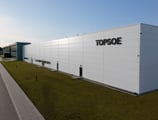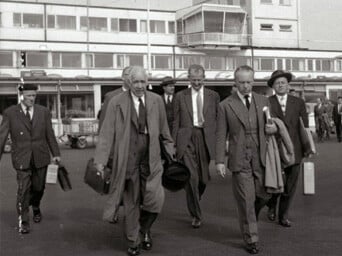Methanol synthesis catalyst
Catalyst stability in methanol synthesis or in any catalytic process is essential to preserve catalyst life and to achieve the required production rate. Both high temperature operation to obtain a reasonable kinetic conversion and water formation associated with direct conversion of CO2 to methanol amplify the catalyst deactivation rate. MK-417 SUSTAIN™ is unique and offers excellent stability even under these severe operating conditions. This is due to an optimized copper dispersion along with an optimized zinc coverage of the copper particle.
Unmatched selectivity
MK-417 SUSTAIN™ has a superior selectivity for the formation of methanol from CO2 and hydrogen. High selectivity suppresses by-product reactions and favors methanol formation. In addition, the high activity of MK-417 SUSTAIN™ allows for relatively low-temperature operation, which further reduces the formation of by-products. With MK-417 SUSTAIN™, this means significantly lower amounts of by-products, resulting in lower distillation costs as well as increased hydrogen and overall process efficiency.
High mechanical strength
The mechanical strength of methanol synthesis catalysts is one of the most important factors for reliable and efficient plant performance. Low mechanical strength can lead to a rapid increase in pressure drop, resulting in inefficient plant performance and even premature catalyst replacements. In addition, the high mechanical strength of MK- 417 SUSTAIN™ offers the robustness needed for the characteristically demanding operating conditions for direct CO2 to methanol production, thereby ensuring high plant availability and reliability.
.png)








![SAF Airplane runway[1]-1 1](https://www.topsoe.com/hs-fs/hubfs/SAF%20Airplane%20runway%5B1%5D-1%201.png?width=800&height=640&name=SAF%20Airplane%20runway%5B1%5D-1%201.png)



